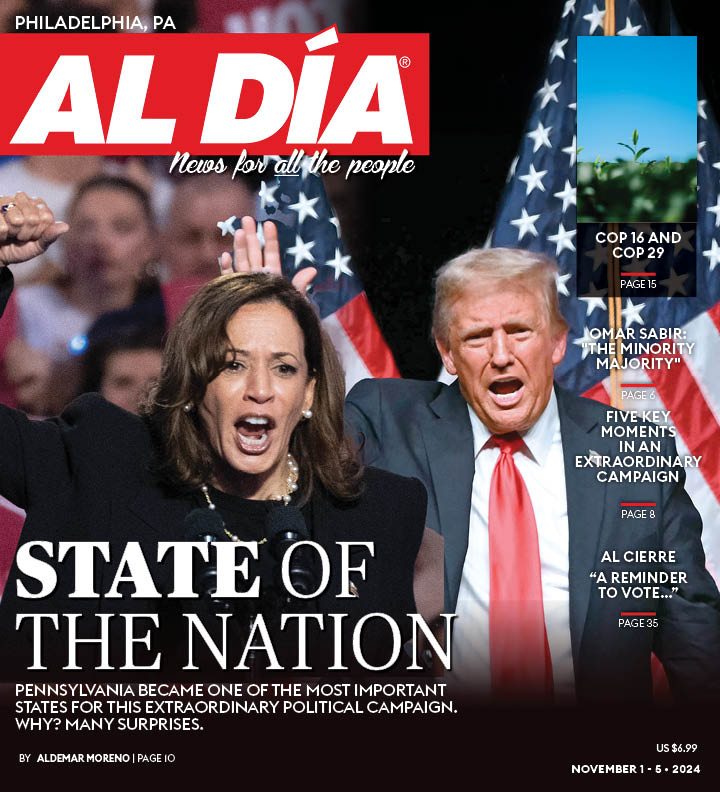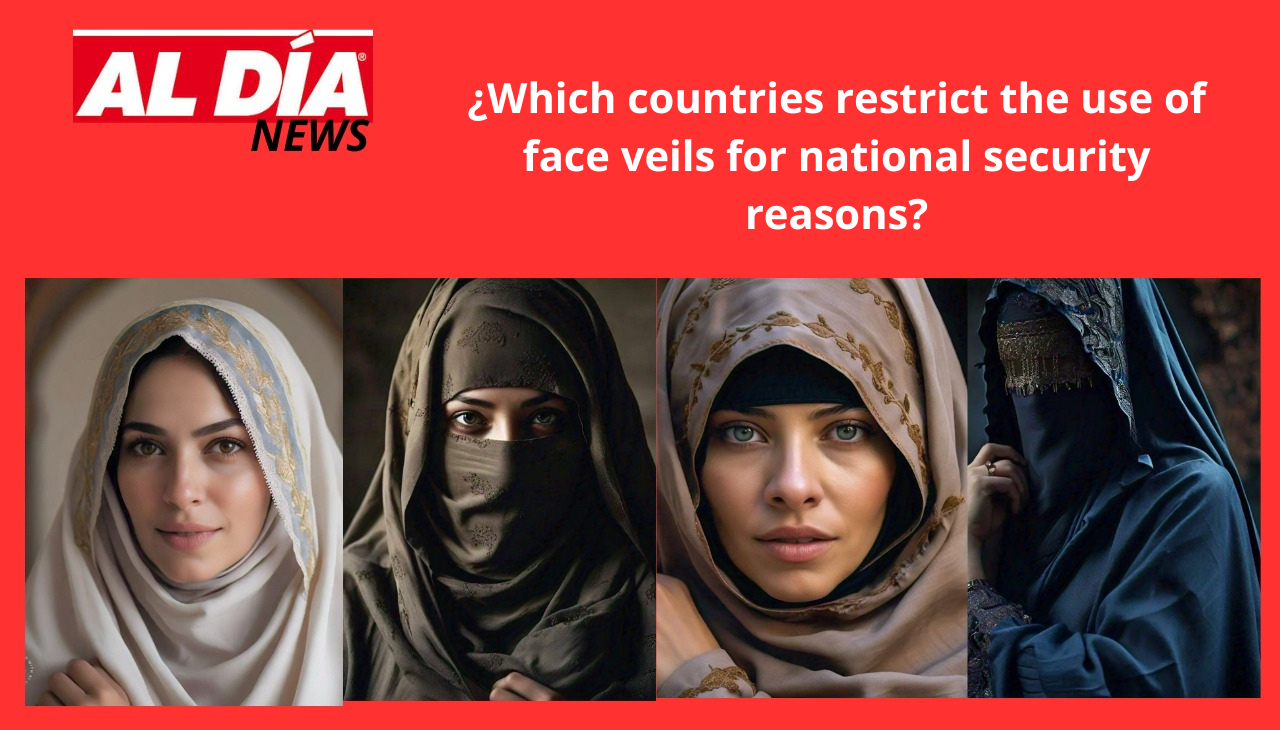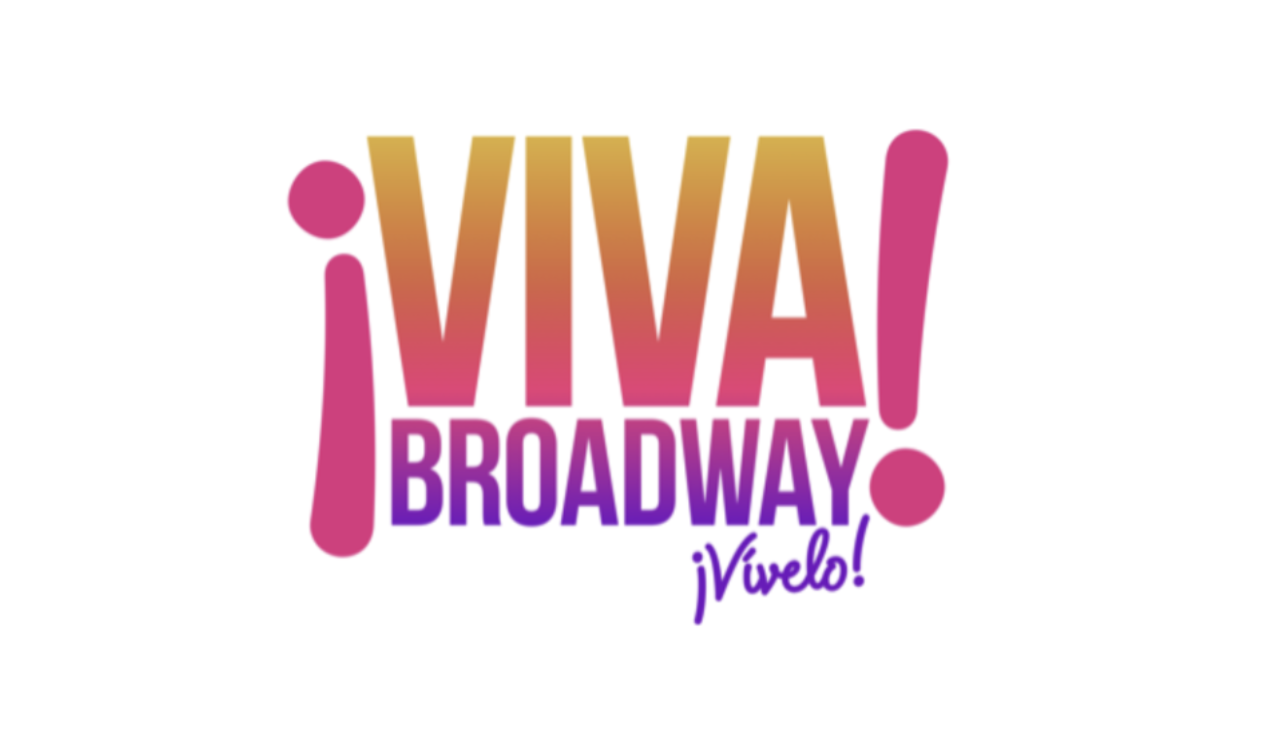
Fines of up to $ 15,000 for copyright could challenge the use of Memes
A law could hinder the indiscriminate use of copyrighted images on the Internet.
Copyright infringements abound on the web. They are as real as the procedures against rights violations.
First, they start with a warning: someone has noticed that your photo was shared without consulting you. Another notice could come within a month, and so on until there is no other option but to go to trial.
A board of copyright claims, without a judge or jury, could probably end up stating that the author of the photo is owed $ 30,000. From there on, you have 90 days to file an appeal with a judge. However, it is quite unlikely that the judge will decide in your favor, therefore, you will need to hire a lawyer.
RELATED CONTENT
This is one of the scenarios that critics foresee before the new alternative copyright law, a proposal known as the CASE Act, a project approved last Tuesday by the House of Representatives and that will be debated in the Senate.
The CASE Act, promoted by Democrat Hakeem Jeffries, would save the creator's prohibitive costs by setting out such "minor claims" before an extrajudicial court without the need for a lawyer, according to The Verge. The court of lawyers with experience in copyright could grant fines of up to $ 15,000 for the misuse of a protected work.
Almost all critics of the CASE Act, including the American Civil Liberties Union (ACLU) that sent a letter to legislators clearly listing the problems of the bill, agree that artists need an alternative to the current copyrights system.
The Internet has facilitated potential offenders to copy and paste creative works by artists, especially those whose businesses are online. For their part, groups for the defense of civil rights such as Electronic Frontier Foundation (EFF), Public Knowledge and Authors Alliance have opposed the bill because it could end up propping up creatives, while potentially helping large companies and patent trolls.











LEAVE A COMMENT:
Join the discussion! Leave a comment.